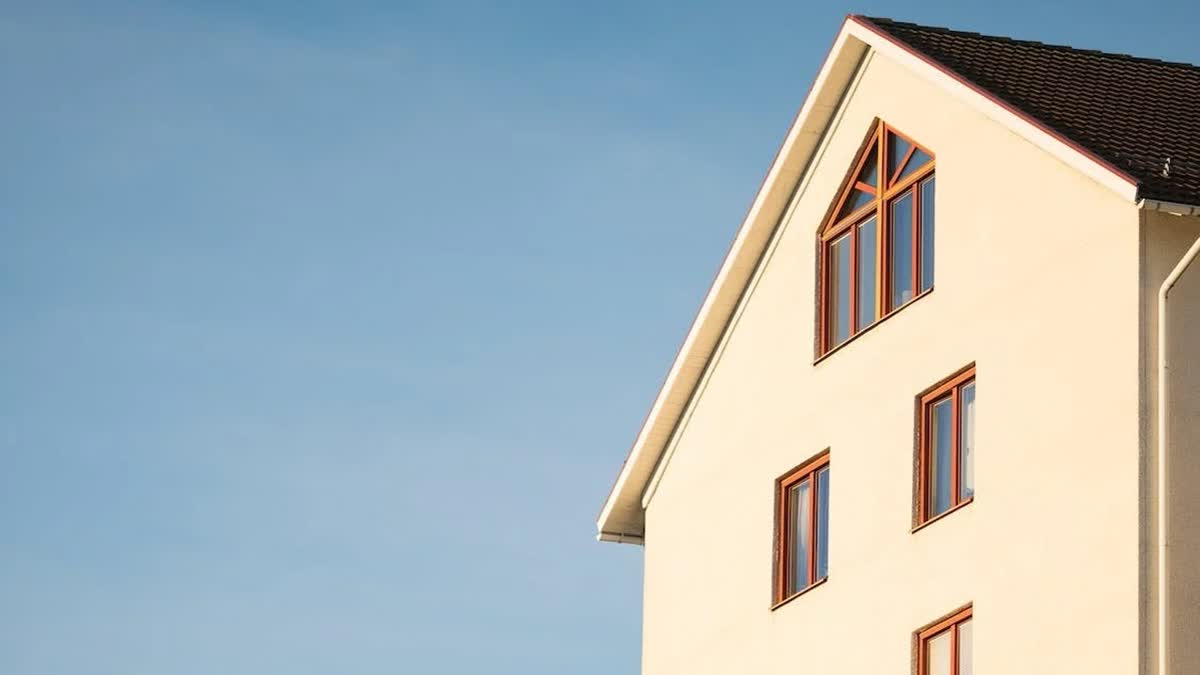Srinagar (J&K): Finally, after a long wait of five years Ghulam Nabi Shah, a resident of Khansahib in central Kashmir's Budgam district was able to open the window of his residential house. This was possible only after the High Court of Jammu and Kashmir and Ladakh permitted him to do so after he had been barred from doing so due to his neighbour's civil suit.
The case dates back to 2018 when Shah, the petitioner, was ordered by a civil court not to open the windows of his own house because Abdul Gani Sheikh, his neighbour, claimed doing so would invade his privacy. "Undoubtedly, the petitioner has a right of opening windows on his property even if they are facing towards the house of the plaintiffs/respondents," High Court Justice Atul Sreedharan noted in Ghulam Nabi Shah v. Abdul Gani Sheikh and Ors (OWP No. 252/2019), holding that the civil court's order failed to reflect how and what right of the petitioner's neighbour was being violated.
"The contention of the respondents that it would infringe upon the privacy does not hold water as that is an issue for the defendant/respondent to take necessary steps to ensure their own privacy," the court said in response to the claim of privacy breach by the respondent. The court noted that the respondents may preserve their privacy "by raising a wall on their property which would make their house invisible from the petitioner's property or by placing curtains on their windows."
Three issues were presented to the civil court in the 2018 lawsuit: The neighbour claimed that snow would cascade down into his land from the petitioner's then-under-construction house, whose sloped roof would tumble towards it. The petitioner's placement of the drain pipes on their land, which allowed water to run through and erode the soil, further infuriated the neighbour.
The third concern was that the neighbour's privacy would be violated if windows were opened towards his property. In an interim ruling, the civil court partially granted Sheikh's motion and allowed Shah to proceed with the building, but prohibited him from opening the windows that faced his neighbour's home.
Shah was also instructed to build the roof so that snow would not land on Sheikh's land and to arrange the pipes so that water would not leak into the neighbour's home. Shah argued before the HC that there was no claim that the construction had violated any laws. Additionally, he stated that the roof and drain pipe instructions were followed.
The HC moved forward ex parte in this case even though Sheikh was given notice to enter his appearance. The HC noted that the work was done legally and that the civil court's instructions on the roof and drain pipes were followed after hearing from Shah's attorney, advocate MM Iqbal.
Also read:



